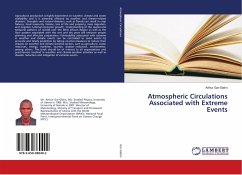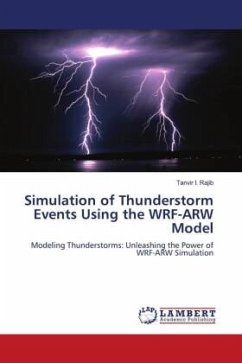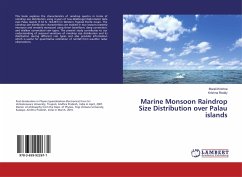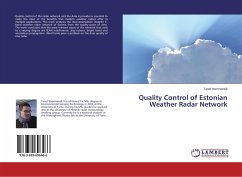
Atmospheric Circulations Associated With Extreme Events
Versandkostenfrei!
Versandfertig in 6-10 Tagen
37,99 €
inkl. MwSt.

PAYBACK Punkte
19 °P sammeln!
Agricultural production is highly dependent on weather, climate and water availability and it is adversely affected by weather and climate-related disasters. Droughts and natural disasters, such as floods can result in crop failures, food insecurity, famine, loss of life and property, mass migration and negative national economic growth. Understanding of the spatial and temporal patterns of rainfall over the West African Region as well as the flow pattern associated with the wet and dry years will enhance proper planning and effective preparation. Vulnerability associated with extreme in weath...
Agricultural production is highly dependent on weather, climate and water availability and it is adversely affected by weather and climate-related disasters. Droughts and natural disasters, such as floods can result in crop failures, food insecurity, famine, loss of life and property, mass migration and negative national economic growth. Understanding of the spatial and temporal patterns of rainfall over the West African Region as well as the flow pattern associated with the wet and dry years will enhance proper planning and effective preparation. Vulnerability associated with extreme in weather and climate events can be controlled to some extent by accurate and timely prediction by taking counter-measures to reduce their impacts on weather and climate-sensitive sectors, such as agriculture, water resources, energy, maritime, tourism, disaster reduction, environment, among others. This book should be of interest to all organizations and practitioners involved in weather and climate-sensitive activities as well as disaster reduction and mitigation of extreme events.












